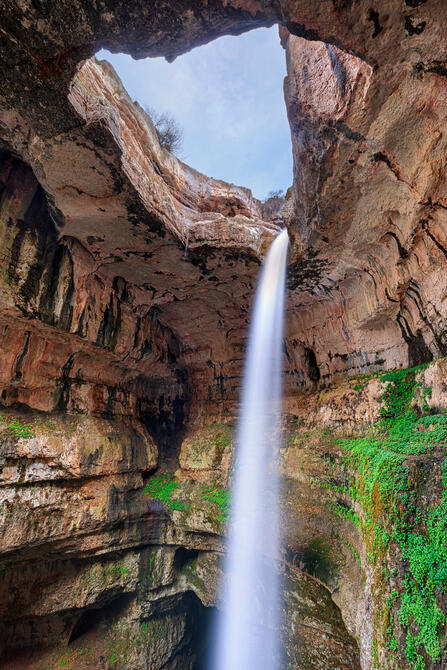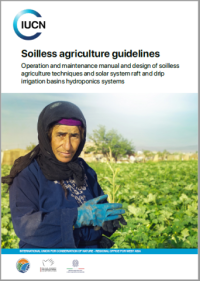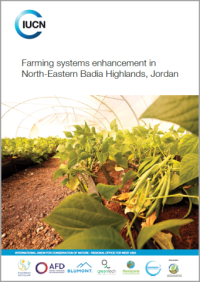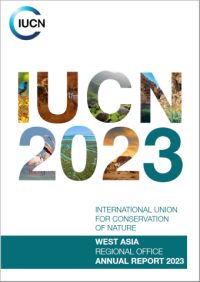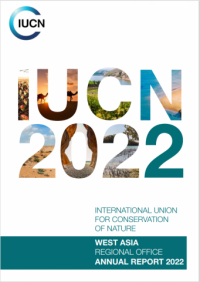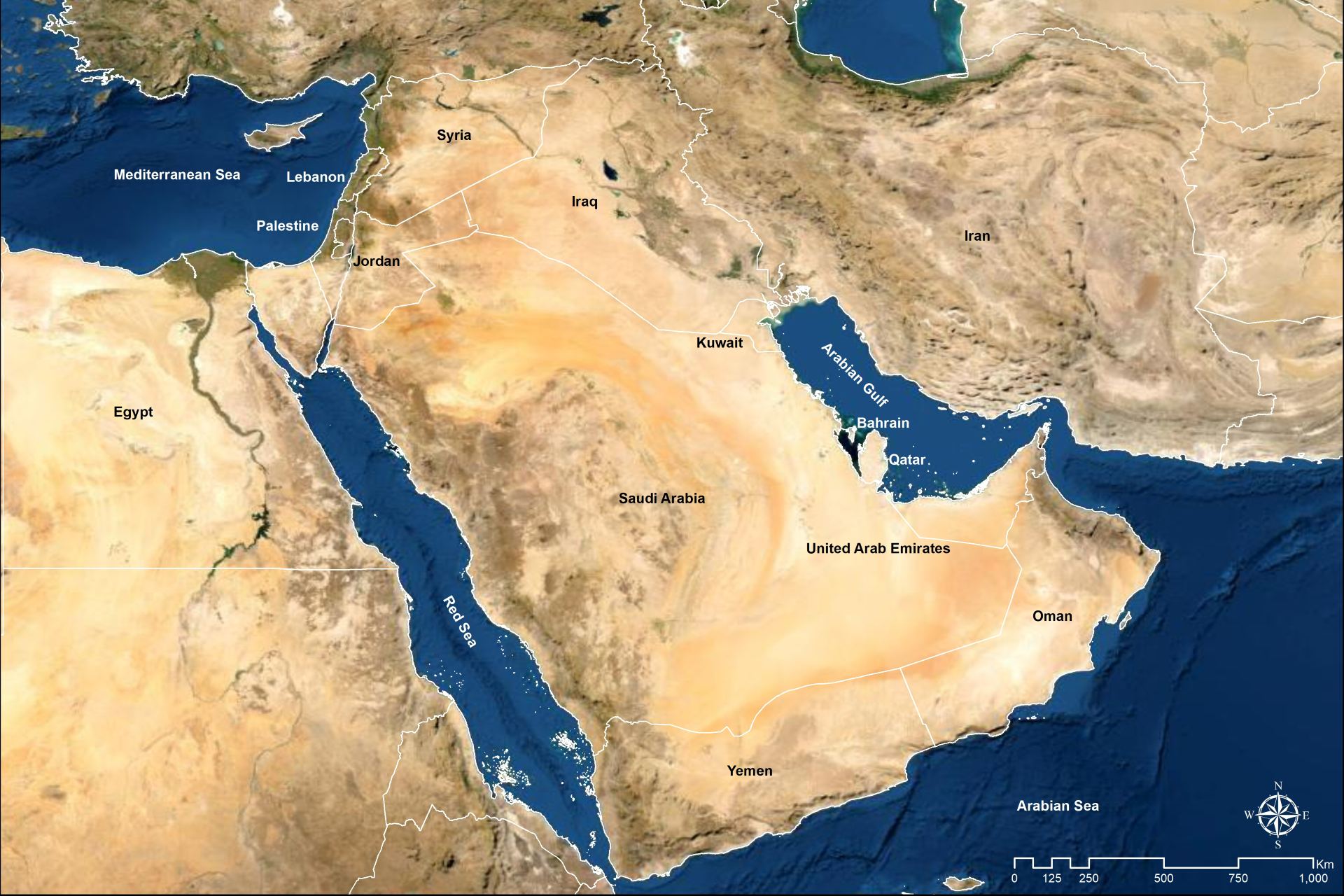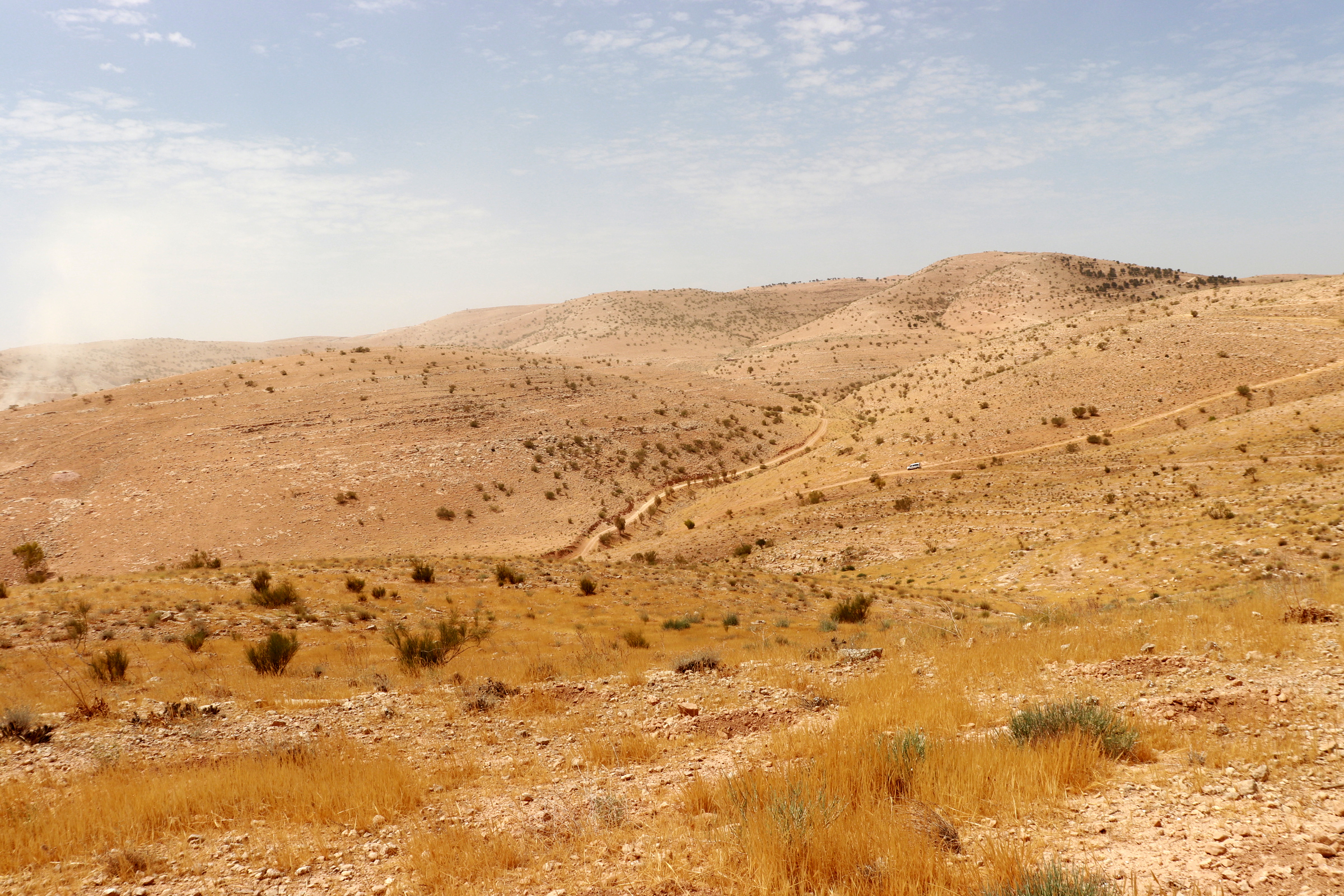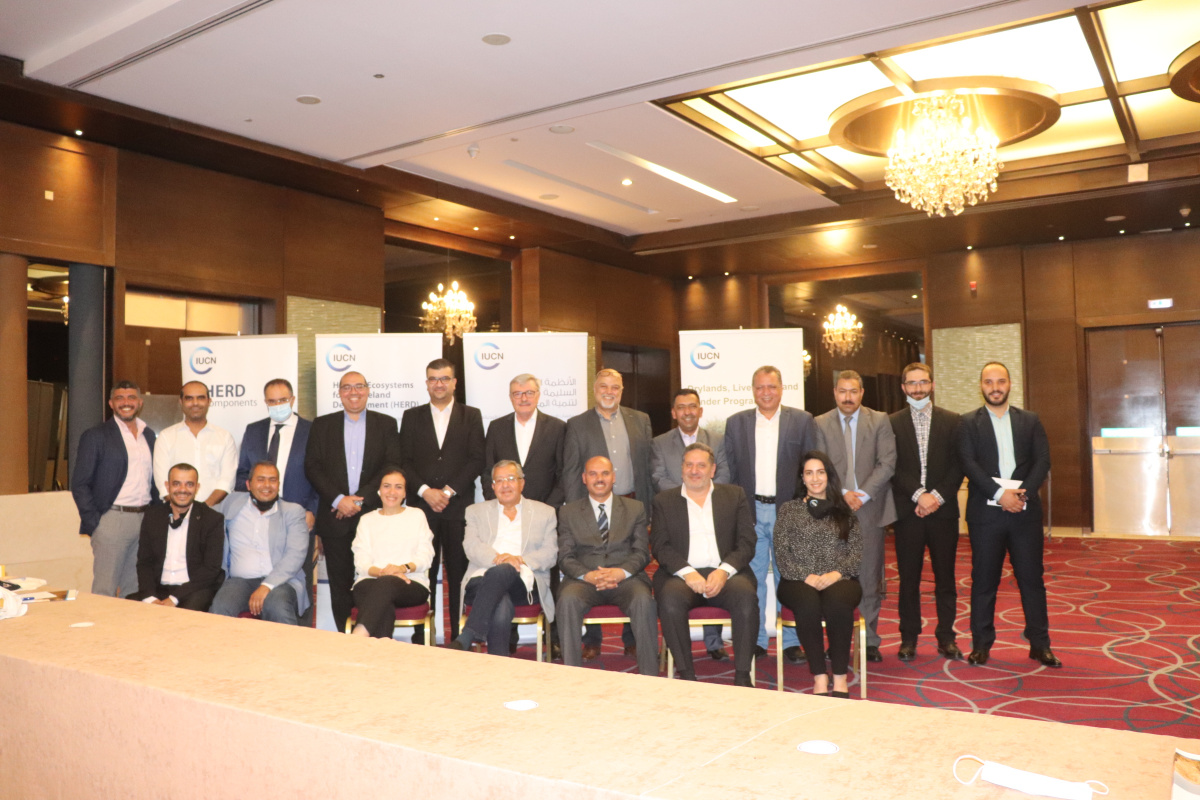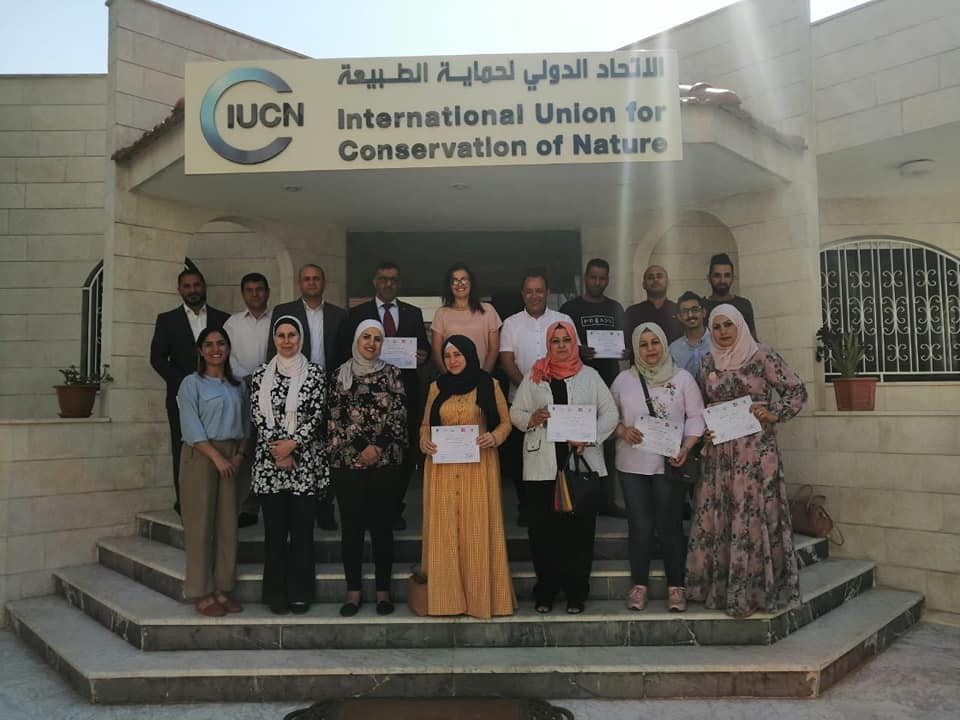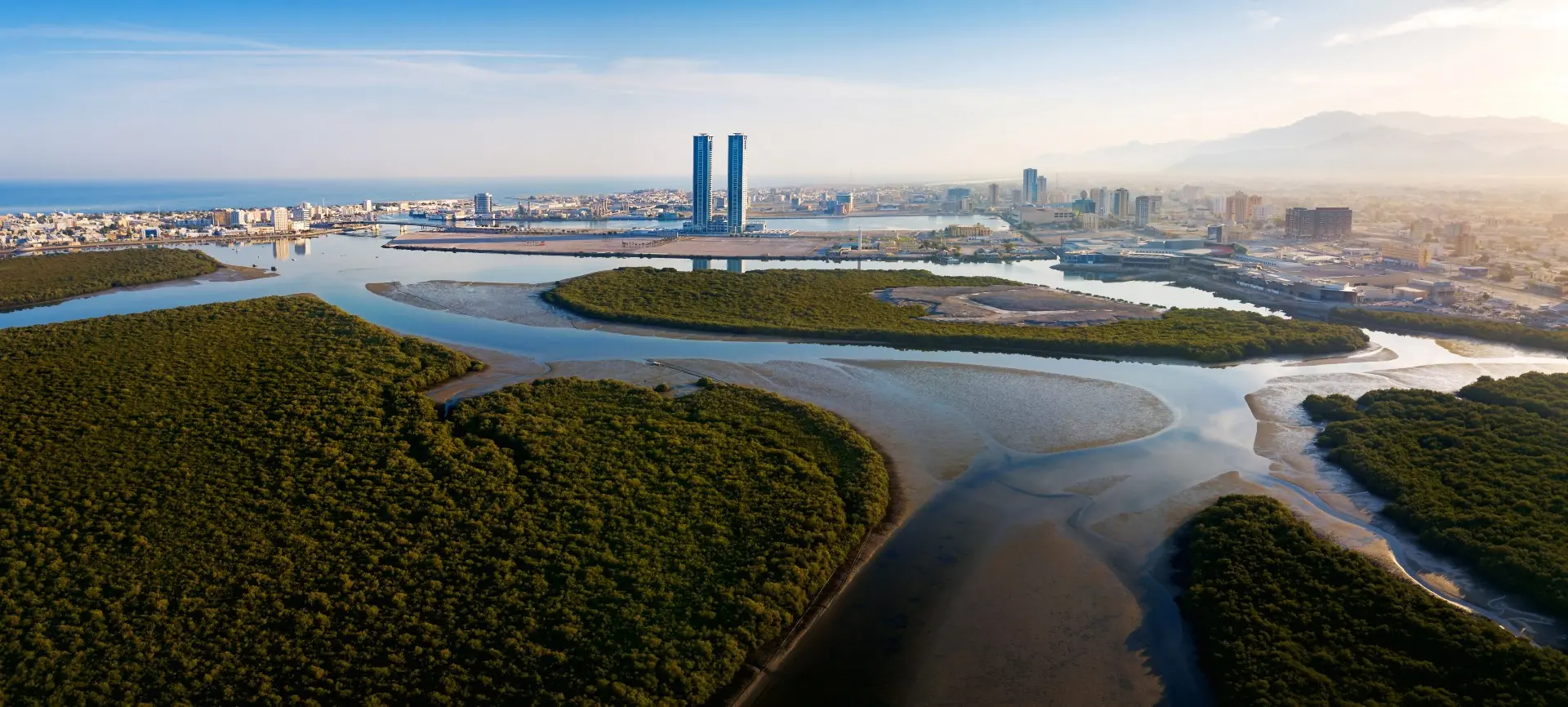About West Asia: a variety of ecosystems
The IUCN Regional Office for West Asia (ROWA) was established in October 2004 covering the region of West Asia, which comprises of 13 countries including Iraq, Jordan, Lebanon, Palestine, the Syrian Arab Republic, Yemen and Iran in addition to the Gulf countries including Bahrain, Oman, Kuwait, Qatar, Kingdom of Saudi Arabia, and the United Arab Emirates.
ROWA aims to be active in all 13 countries in various conservation and sustainable development activities. The critical issues facing the region are:
- Land degradation, aridity and desertification
- Unsustainable water extraction and use
- Biodiversity and habitat loss, and species extinction.
- Threats to sensitive marine ecosystems through pollution, habitat destruction, Invasive Alien Species, and unplanned coastal development.
